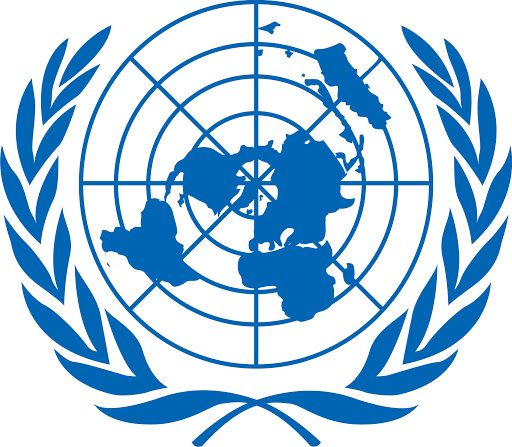
The report drafted by the Special Rapporteur of the United Nations on Minority Issues Fernand de Varennes, who visited Spain in January 2019 to assess the situation with regard to the fundamental rights of its minorities, was published this week.
The United Nations has released the report of the Special Rapporteur on Minority Issues Fernand de Varennes on the state of civil, political, social and economic rights of minorities such as the Catalan, Basque or Galician peoples, coinciding with the 43rd session of the UN Human Rights Council, with a scathing condemnation of Spain’s abuses of these rights.
Mr de Varennes highlights the significant increase in hate speech, vilification, vandalism, physical threats and even assaults against members of the Catalan minority, as well as allegations that these complaints are not investigated, thus increasing intolerance of Spanish nationalism. It also indicates that political decisions that affect minorities like the Catalan or Basque communities do not usually count on their participation or representation, and that once implemented, there is rarely a follow-up supervision to see if they are effective.
With regard to political repression, the Special Rapporteur has joined the criticism by the United Nations Working Group on Arbitrary Detentions and organizations such as Amnesty International, Human Rights Watch and the International Commission of Jurists, among others who have also denounced the situation. He also concludes that the judicial persecution of Catalan political prisoners aimed to intimidate them because of their political views. He adds that “Spain has a legal obligation to protect the rights of the Catalan minority, especially with regard to freedom of expression, including political expression, as well as freedom of assembly and association, fundamental rights and participation in public life.”
Mr de Varennes also focuses on the situation of the Catalan language, especially with regard to its limited use by administrations, the judiciary and the security forces. His report denounces article 231 of the organic law of the Spanish Judiciary, which states that co-official languages may be used as long as none of the parties objects to them. He also praised the Catalan educational language immersion system, which is internationally recognized, and warns the Spanish government that cutting hours of Catalan language in education should be avoided.
Important participation of civil society
The Catalan National Assembly is one of the civil society organizations that has dedicated considerable efforts for the past two years in making an international call to denounce rights violations committed by the Spanish State against the people of Catalonia, including a submission to the United Nations Arbitrary Detention Working Group in 2018, and has continued this undertaking during 2019 and 2020 by participating in regular UN sessions, especially with regard to the Universal Periodic Review of Spain in January 2020.
In this sense, in February 2020 the President of the Catalan National Assembly Elisenda Paluzie met with the Rapporteur of the Council of Europe Working Group which has investigated human rights violations of Spain and Turkey against the peoples of Catalonia and Kurdistan respectively, reporting instances of repression experienced by the Catalan independence movement.
You can read the whole report here.